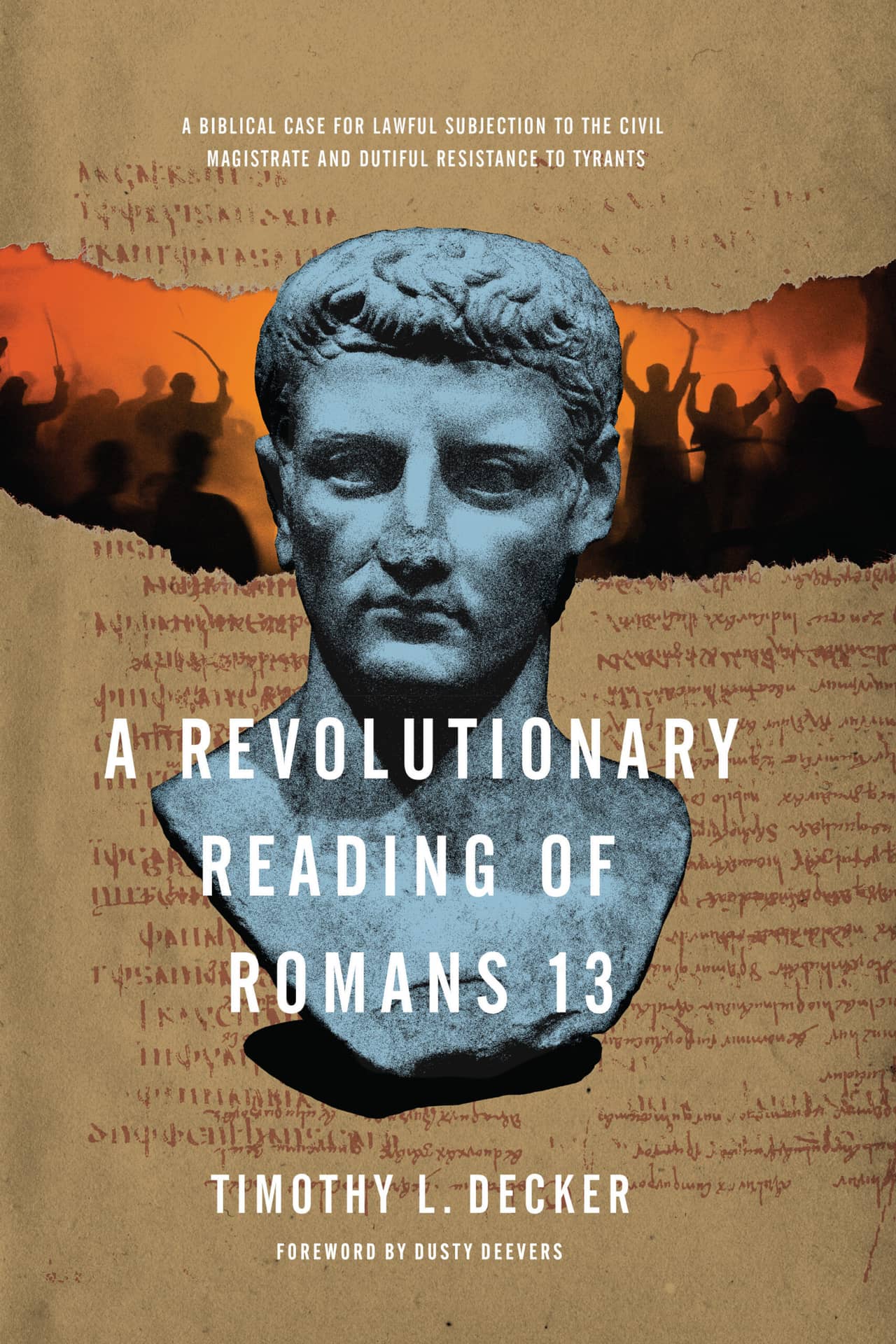The Book of Romans: A Comprehensive Exploration

The Book of Romans, a cornerstone of the New Testament, stands as a profound and systematic exposition of Christian theology. Written by the Apostle Paul during his imprisonment in Rome, this letter is not merely a historical artifact, but a vibrant and timeless guide to understanding the core tenets of the Christian faith. Its influence extends far beyond the confines of religious study, impacting literature, culture, and individual lives for centuries. This exploration will examine the Book of Romans through multiple lenses, referencing its historical context, theological depth, and enduring legacy.
I. The Historical and Literary Context of Romans

Paul’s journey to Rome, recounted in the Book of Acts, culminates in his arrival in the imperial city, where he is met by members of the Roman church who have already been shaped by his teachings. The letter to the Romans, therefore, is written not to establish a new church, but to strengthen and deepen the faith of a community that has existed for some time. The presence of a Roman church predates Paul’s arrival, possibly originating with Jewish believers who heard Peter’s Pentecost sermon and later returned to Rome (Acts 2:10). This existing community, with its established faith and obedience, serves as the foundation upon which Paul builds his theological arguments.
Paul’s purpose in writing Romans, as stated within the letter itself, is multifaceted. He intends to prepare for his upcoming visit to Rome. However, Rome is not his ultimate destination. His ambition as an apostle to the Gentiles is to preach the Gospel in uncharted territories, rather than build upon foundations already laid by others (Romans 15:20; 1 Corinthians 3:10). He views Rome as a potential springboard for his mission to Spain (Romans 15:24, 28), hoping to receive both moral and material support from the Roman church for his further journeys. The letter, therefore, serves not just as a theological treatise, but as a practical tool for furthering Paul’s missionary endeavors. This reveals a harmony between Paul’s theological conviction and his practical approach to evangelism.

A. Paul’s Audience and Purpose
The letter is addressed to the church in Rome, a diverse congregation composed of both Jewish and Gentile believers. Paul’s nuanced understanding of this complex audience shapes his approach to addressing crucial theological and practical matters within the early Christian community. He carefully constructs his arguments to reconcile different perspectives and foster unity within the church. He doesn’t simply lay down the law, but instead engages in thoughtful dialogue, anticipating and addressing potential objections. This understanding of context is crucial for proper interpretation of the text. His nuanced argumentation displays a sophisticated understanding of rhetoric and theological argumentation, further solidifying his status as a significant figure in early Christian thought.
B. Nero’s Reign and the Political Undercurrents
Paul’s arrival in Rome coincided with the early reign of Emperor Nero. While the political climate during his initial stay is depicted as relatively peaceful, allowing Paul to preach and teach openly (Acts 28:17–31), the letter’s veiled references to the power of government (Romans 13) offer a subtle commentary on the complex relationship between the Church and the Roman Empire. The contrast between the relative peace Paul experienced and the later persecution under Nero highlights the volatile nature of the era. This context adds another layer to our understanding of the letter, showing that Paul’s theology is not divorced from the realities of his time.

II. Key Characters and Themes in Romans
Several key figures, both biblical and historical, feature prominently in Romans. The Old Testament patriarch Abraham is presented as a prime example of justification by faith, a central theme in Paul’s argument. Abraham’s faith, demonstrated before his circumcision, becomes a model for the salvation offered through Christ. This emphasizes that salvation is a gift of grace, not earned through works.
The final chapter of Romans contains a substantial list of individuals, many of whom are also named in Acts and Paul’s other epistles, including prominent figures such as Prisca and Aquila, and Timothy. The greetings extended to these individuals paint a vivid picture of the thriving community within the Roman church. Paul’s inclusion of these names suggests a close connection to the community and reflects the importance of personal relationships within the early church.
Phoebe, a deaconess, is particularly significant due to her prominent role in the opening of chapter 16. Her mention highlights the contributions of women in the early Church. The inclusion of Junia, identified by some as an apostle, fuels ongoing debate regarding women’s roles in ministry, demonstrating the continuing relevance of Romans for contemporary theological discussions.
A. Justification by Faith
This is perhaps the most central theme of Romans. Paul argues against the notion that salvation can be achieved through adherence to the Law. He contends that all humans are sinners, falling short of God’s glory. Justification, therefore, is not a matter of human effort, but a free gift received through faith in Jesus Christ, whose sacrifice atones for humanity’s sins. This pivotal concept has had a lasting impact on Christian theology and continues to be debated and discussed.
B. The Relationship Between Law and Grace
Paul skillfully navigates the delicate balance between the Old Testament Law and the grace offered through Christ. He doesn’t dismiss the Law outright; instead, he reveals its purpose in exposing humanity’s sinfulness and preparing the way for the revelation of God’s grace. This showcases Paul’s nuanced understanding of both Old and New Testament scripture.
C. The Election of Israel and the Inclusion of Gentiles
The inclusion of Gentiles in God’s plan of salvation is another critical theme in Romans. Paul addresses the question of why some Jews reject Christ. He emphasizes God’s sovereignty and the role of faith in the salvation of both Jews and Gentiles. Paul’s sensitive handling of this issue within a diverse community is noteworthy, reflecting a careful approach to maintaining unity within the church despite varied perspectives.
III. Theological Significance and Interpretive Approaches
The Book of Romans has profoundly shaped Christian theology for centuries. It offers a comprehensive systematization of key doctrines, including justification by faith, the nature of sin and grace, and the role of the Holy Spirit. It is a foundational text in many denominations and continues to be studied and interpreted in a multitude of ways. For example, Martin Luther, a key figure in the Protestant Reformation, dedicated a significant portion of his preface to his German Bible to Romans, highlighting its importance in his own theological development. Luther’s recognition of Romans’ centrality underscores its enduring relevance.
A. Luther’s Interpretation and the Reformation
Luther’s profound engagement with Romans is well documented. He identified the concept of “justification by faith” as a central tenet of his theological system. His emphasis on God’s grace, as presented in Romans, became a cornerstone of the Protestant Reformation, which challenged many aspects of Roman Catholic theology. The emphasis on faith over works provided a path toward achieving a deeper spiritual connection with God.
B. Contemporary Interpretations and Applications
Contemporary interpretations of Romans vary, reflecting diverse theological perspectives. Some focus on the social implications of Paul’s message, emphasizing justice and equality. Others concentrate on the individual’s spiritual transformation. Regardless of the approach, the Book of Romans offers a rich tapestry of theological themes relevant to individuals and communities. The enduring significance of the text is evident in the diversity of its interpretations and applications.
C. The Role of the Holy Spirit
The transformative work of the Holy Spirit in the lives of believers is also emphasized in Romans. The Spirit empowers believers to live holy lives, to overcome sin, and to participate fully in God’s mission. This highlights the active role of the Holy Spirit in both personal and corporate Christian life.
IV. The Book of Romans in Culture and Literature
The Book of Romans’ impact extends beyond the religious realm. Its themes of grace, forgiveness, and redemption have resonated throughout literature and art. Its powerful message of hope and transformation has inspired countless works across various genres, influencing the way we think about faith, morality, and human nature. It has shaped the way many approach ethical issues and provides a framework for societal reformation.
A. Literary and Artistic Adaptations
The powerful themes within Romans have inspired countless works of art, literature, and music. The book’s profound insights into the human condition have provided material for novels, poems, paintings, and musical compositions throughout history. This influence demonstrates the profound and lasting impact of the text.
B. Cultural and Social Impact
The Book of Romans has significantly impacted social justice movements and ethical discussions. Its message of love, compassion, and equality has resonated with individuals and groups striving for a more just and equitable society. This impact highlights the applicability of the text to address contemporary social issues and provides a foundation for compassionate action.
V. Engaging with the Book of Romans Today
The Book of Romans, despite being written almost 2,000 years ago, remains profoundly relevant. Its core message of salvation by grace through faith continues to resonate with readers today, offering hope and guidance in navigating the complexities of life. The systematic presentation of key theological concepts provides a strong foundation for understanding Christian beliefs. The enduring power of its message is a testament to the timeless wisdom contained within its pages. Readers can use Lbibinders.org to engage with different interpretations of the text and find resources to help them better understand its message.
A. Study Guides and Resources
Numerous study guides and resources are available to aid in understanding and applying the teachings of Romans. These resources provide various perspectives, catering to different learning styles and levels of theological knowledge. These guides offer a path for enhanced comprehension of the complex ideas presented.
B. Community Engagement and Discussion
Engaging with the Book of Romans within a community setting can foster deeper understanding and provide opportunities for fellowship and spiritual growth. Group studies offer a space for collaborative learning and encourage application of the principles within one’s life.
C. Personal Reflection and Application
Individual reflection on the teachings of Romans can lead to personal transformation. The book’s message can inspire changes in attitude, behavior, and values, prompting a more profound engagement with one’s faith.
In conclusion, the Book of Romans transcends its historical context. Its profound theological insights, powerful message of salvation, and enduring cultural influence make it a significant and indispensable work, worthy of repeated study and reflection. Its impact continues to resonate across centuries and cultures, making it a living testament to the transformative power of faith.